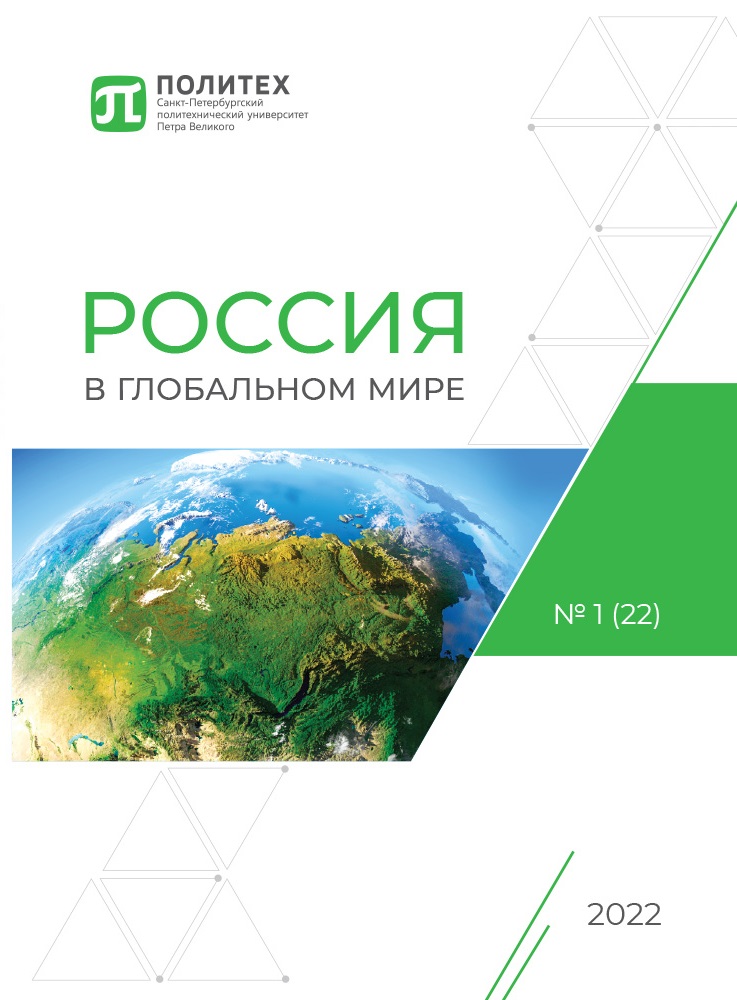Activities of the Military Censorship Department at the Headquarters of the Supreme Commander-in-Chief of the Russian Armed Forces in 1915–1918
Introduction. This study focuses on an understudied aspect of the First World War – the activities of military censorship in Belarus, where the Headquarters of the Supreme Commander-in-Chief was located. The relevance of the topic is determined by the importance of censorship during the war and its influence on the formation of state information policy and public opinion. Particular attention is paid to the role of the Headquarters of the Supreme Commander-in-Chief as a center for collecting and disseminating information about military operations. The novelty of the research lies in examining censorship as an integral part of information policy with emphasis on the specific functioning of military censorship under the Headquarters based in Mogilev.
Materials and Methods. The study is based on archival materials from the Russian State Military Historical Archive (RGVIA) and the Russian State Archive of Literature and Art (RGALI), including censor reports, memoris, and legislative acts. Systematic analysis, historical-critical method and typologization were applied to structure the functions of censorship and identify the peculiarities of its operation.
Results. The main directions of military censorship were identified: protective, informational, ideological and controlling. It was established that censorship played a key role in preparing public opinion for military defeats and in shaping the official agenda of the First World War. However, strict prohibitions led to increased public distrust toward authorities, the spread of rumors and growing social tension.
Discussion. The findings show that censorship, while serving as a tool of control, often became a source of contradictions between military authorities, civil administration and society in the early XX-th century. Examples from practice demonstrate inconsistency and delays in decision-making, which exacerbated crisis phenomena.
Conclusion. The activities of military censorship in Belarus during the First World War had a significant impact on the formation of public opinion and the relationship between the authorities and the population. The results highlight the need for further research into regional aspects of censorship in order to better understand its role in the historical process.


